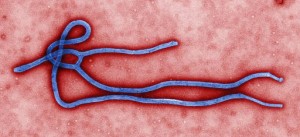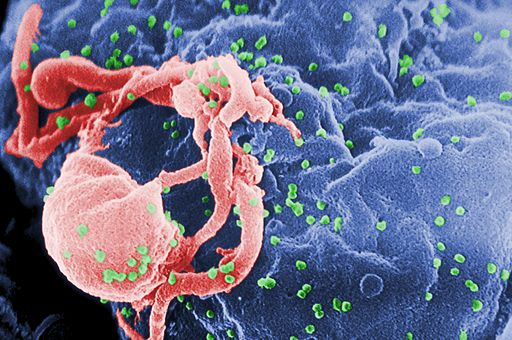Around town: The 6th International Conference on Fetal Alcohol Spectrum Disorder
 Conferences are great places to hang out if you’re a scientist. The buzz of knowledge fills the air, and it’s often the only chance you get to brainstorm with like-minded enthusiasts in your field. By the end of the conference, you are high on knowledge transfer and giddy with sharing the science…and exhausted. But then you take it all back to your lab and the sharing process begins again.
Conferences are great places to hang out if you’re a scientist. The buzz of knowledge fills the air, and it’s often the only chance you get to brainstorm with like-minded enthusiasts in your field. By the end of the conference, you are high on knowledge transfer and giddy with sharing the science…and exhausted. But then you take it all back to your lab and the sharing process begins again.
This week, Vancouver hosts the 6th Annual Conference on Fetal Alcohol Spectrum Disorder (FASD). Hosted by Interprofessional Continuing Education of the University of British Columbia, the conference brings together delegates with expertise in research, teaching, counselling, justice and other related fields to highlight recent research progress. It is truly a multidisciplinary event, because FASD affects people in so many different ways and touches every level of society. Read on to learn a little more about what’s happening in your neighbourhood and beyond.
Read More »Around town: The 6th International Conference on Fetal Alcohol Spectrum Disorder

![A colorized transmission electron micrograph image of an Ebola virus virion. Image by CDC/Cynthia Goldsmith [Public domain] Micrograph of an Ebola virion.](https://www.talksciencetome.com/wp-content/uploads/2014/10/512px-Ebola-virus-virion-150x150-1.jpg)

![By Eddideigel (Own work) [GFDL (http://www.gnu.org/copyleft/fdl.html) or CC-BY-SA-3.0 (http://creativecommons.org/licenses/by-sa/3.0)], via Wikimedia Commons](https://www.tstmarchive.talksciencetome.com/wp-content/uploads/2013/04/512px-Wormwood_shoots.jpg)